Is your vision blurry? This is what you need to know
Updated APR 30, 2023 • 10 min read

Summary in 30 seconds:
What is blurred vision, what causes this condition, and how should it be dealt with?
Blurred vision is a common problem. It can come on quickly or slowly, in one eye or both. It is necessary to sort out the underlying cause of blurry vision. Quite often, a change of glasses or contact lens prescription is all that is required to correct it.
However, it is important to see your optometrist or ophthalmologist to assess underlying conditions even if your eyes have recently been examined, as blurred vision may be associated with significant eye health problems.
In this article:
- What is blurred vision?
- What causes blurred vision?
- Blurry vision related to digital eye strain
- Blurry vision related to eye conditions & eye drops
- Blurry vision associated with health conditions & medications
- Sudden onset of blurry or loss of vision
What is blurred vision?
A person experiences blurred vision when an object is out of focus, appears to be hazy, cloudy or lacking in sharpness. Blurry vision may occur in the central or peripheral field of vision.
What causes blurred vision?
There are many potential causes of blurred vision.The most common cause of blurred vision is refractive error. A refractive error occurs when the eye is focused at the wrong distance.
For example, a camera lens aimed for taking an up close picture when wanting to view a sharp distant object.
Fortunately refractive errors can be corrected with a pair of glasses or contact lenses. Refractive surgery may also be an option.

Myopia: Myopia is more commonly known as nearsightedness. People with myopia are able to see more clearly up close, while objects in the distance are difficult to see. To help see distant objects clearly, myopes will often squint their eyes to see a little better which may lead to eye strain and headaches.
Hyperopia: Hyperopia is more commonly known as farsightedness. Hyperopes need to focus their eyes in order to see either in the distance or up close.
A young person has lots of focusing power and is frequently able to see both near and far but not without eye strain and visual fatigue. As people age the ability to change focus becomes increasingly more difficult. Without the ability to change focus, near vision and sometimes distant vision will be blurry.
Astigmatism: The light entering the eye can be distorted by the cornea or the lens, inside of the eye. This distortion is known as astigmatism. Astigmatism can make vision blurry at all distances.
Presbyopia: As we age the lens inside of the eyes loses its ability to change focus. Typically presbyopic vision changes are noticed around age 40 when trying to read small print or text messages.
While unwanted, this is a normal age-related change. There are many options to cope with presbyopia including reading glasses, contact lenses, multifocals, progressive lenses, and a few limited surgical options.
Blurry vision related to digital eye strain.
The eyes were designed for dynamic vision. The eyes are used for seeing things up close, in the distance and peripherally. But, digital screens are viewed at a fixed distance leading to focusing fatigue.

Give your eyes a break every 20 minutes to look across the room or out of the window at an object at least 20 feet away for 20 seconds. Follow this “20-20-20 rule” when spending hours at your digital device. During this visual break, take a moment to blink 10 times deeply. It is not uncommon to forget to blink while staring at screens.
Adjust the brightness, text size and contrast on your screen display. Many people find it more visually comfortable using a digital device while wearing blue light filtering glasses with an anti-reflective coating. Photochromic lenses may also be a good option for some people.
Blurry vision related to dry eye.
Symptoms of dry eyes include burning, itching, irritation, chronic redness and blurry vision. For some people their symptoms of dry eyes cause their eyes to “water” all the time.
Blurry vision occurs when the front surface of the eye is not sufficiently moisturized from healthy tears. Lubricating eye drops may help, but talk with your doctor about additional options to keep your eyes comfortable and seeing their best.
Your doctor may choose to prescribe a nutritional supplement designed to support healthy tears. Wraparound glasses may provide some relief for dry eyes, especially in windy conditions.
Blurry vision related to eye conditions & eye drops
There are many eye conditions that may lead to blurry vision. Here are some of the more common ones.
Contact lens overwear: Overwear of contact lenses, even disposable contacts, can result in blurry vision. Do not wear your contact lenses longer than was prescribed by your doctor. Even after removing over worn lenses, your vision may remain blurry with your glasses on, which may be related to corneal swelling.
Cataracts: The lens inside of your eyes should be clear. But when it becomes dense and opaque, it is known as a cataract which leads to difficulties with cloudy vision, glare and halos around lights especially at night.
Macular degeneration: The specialized area of the retina that is responsible for fine detailed vision is known as the macula. Additional light may be needed as macular degeneration progresses and vision becomes distorted or blurred.
Seeing faces and reading become difficult. It is important to be followed by a doctor as there are therapies that are available to help slow the progression of macular degeneration. There are many contributing factors behind developing macular degeneration such as age, genetics, smoking, high blood pressure, diabetes and nutritional deficiencies.
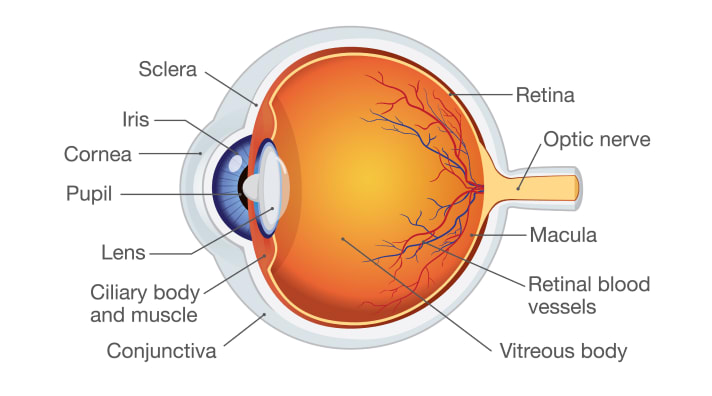
The nutrients lutein, zeaxanthin and omega-3 fatty acids from cold water fish, support the wellness of the macula.
Magnifying glasses and low vision acids can be prescribed to help with daily living.
Floaters: Floaters are bits of tissue, cells and proteins floating in the gel-like fluid known as the vitreous. As the vitreous becomes more liquefied with age, floaters move around and become more visible.
While floaters may be little more than an annoyance, if there is a sudden shower of floaters this could be a sign of a potentially sight-threatening retinal tear or retinal detachment. Often no pain is experienced. In that case, see your eye doctor immediately.
Migraines: Blurred vision, halos, and zigzag light patterns are frequent visual symptoms prior to an ocular migraine or migraine headache.
An ocular migraine can be experienced without leading to a headache, or it can be a precursor to pain, vomiting, and extreme sound and light sensitivity. There is an array of underlying causes of migraines needing to be sorted out with your doctor.
Glaucoma: A simplified definition of glaucoma is a sight-threatening condition that is associated with a pressure imbalance within the eyeball leading to damage of the nerves carrying light information.
There are acute and chronic forms of glaucoma which can lead to blurred vision, tunnel vision, vision loss and blindness. Glaucoma is treated with eye drops and/or surgery.
Eye drops: Some eye drops are irritating to the surface of the eyes associated with preservatives used to keep the eye drop sterile. When the surface of the eye is dry, eye drops will frequently sting.
Ocular irritation and redness are common side effects with eye drops for glaucoma. Blurred vision can go hand-in-hand with eye irritation.

Blurry vision associated with health conditions & medications
Some of the more common causes:
Pregnancy: Fluid retention during pregnancy is a common side effect. The thickness and shape of the cornea can be influenced by fluid retention and swelling leading to blurred and even distorted vision.
The eyes may be dry during pregnancy. Vision changes during pregnancy may be associated with such concerns as preeclampsia, high blood pressure and diabetes.

Diabetes: Diabetes is a disease that affects the whole body. It interferes with the body’s ability to produce or use insulin to control blood sugar levels. High sugar levels in the blood can cause the lens inside of the eye to swell.
A swollen lens will cause blurred vision. Besides blurred vision, diabetes has serious effects on the health of the retina, kidneys, and the small blood vessels throughout the body.
Cardiovascular disease: Cardiovascular disease affects the wellness of the body and eyes. Examples of sudden visual changes include blurry or double vision, tunnel vision, halos, or even loss of vision, and are all signs of a medical emergency.
A blocked blood vessel in the eye (stroke) can cause painless blur and vision loss. In that case, please seek medical help immediately.
Medications: Certain prescription and over-the-counter medications, including eye drops, have unwanted side effects that affect your vision and ocular comfort.
Medications for allergies, diabetes, anxiety, dry eye, glaucoma among others may cause ocular irritation, dryness, and blurry vision. Talk with your doctor and pharmacist for advice. There may be alternative medications that could be prescribed with fewer side effects.
Sudden onset of blurry or loss of vision
Sudden changes to your vision are not normal. Blurred or the loss of vision can occur in one or both eyes. Sudden vision loss is associated with several conditions including retinal detachment, optic neuritis, ocular, or systemic stroke. In this case, please get your eyes examined immediately.
Blurry vision after ocular surgery.
Often after refractive surgery vision will be blurry for a few days. As the eyes heal, vision will continue to stabilize over the course of a couple of weeks. Blurry, and/or sometimes distorted vision may follow cataract surgery.
Vision will fluctuate as the healing process runs its course over a few days to a few months. During this time it is necessary to be followed by your doctor and apply prescribed eye drops.
How to deal with blurred vision?
The first step for blurred vision is to get a comprehensive eye examination. The health of the eyes should be checked every year. Sometimes it is necessary to get the eyes checked more frequently for blurred vision depending upon the underlying cause such as cataracts, macular degeneration, glaucoma or diabetes.
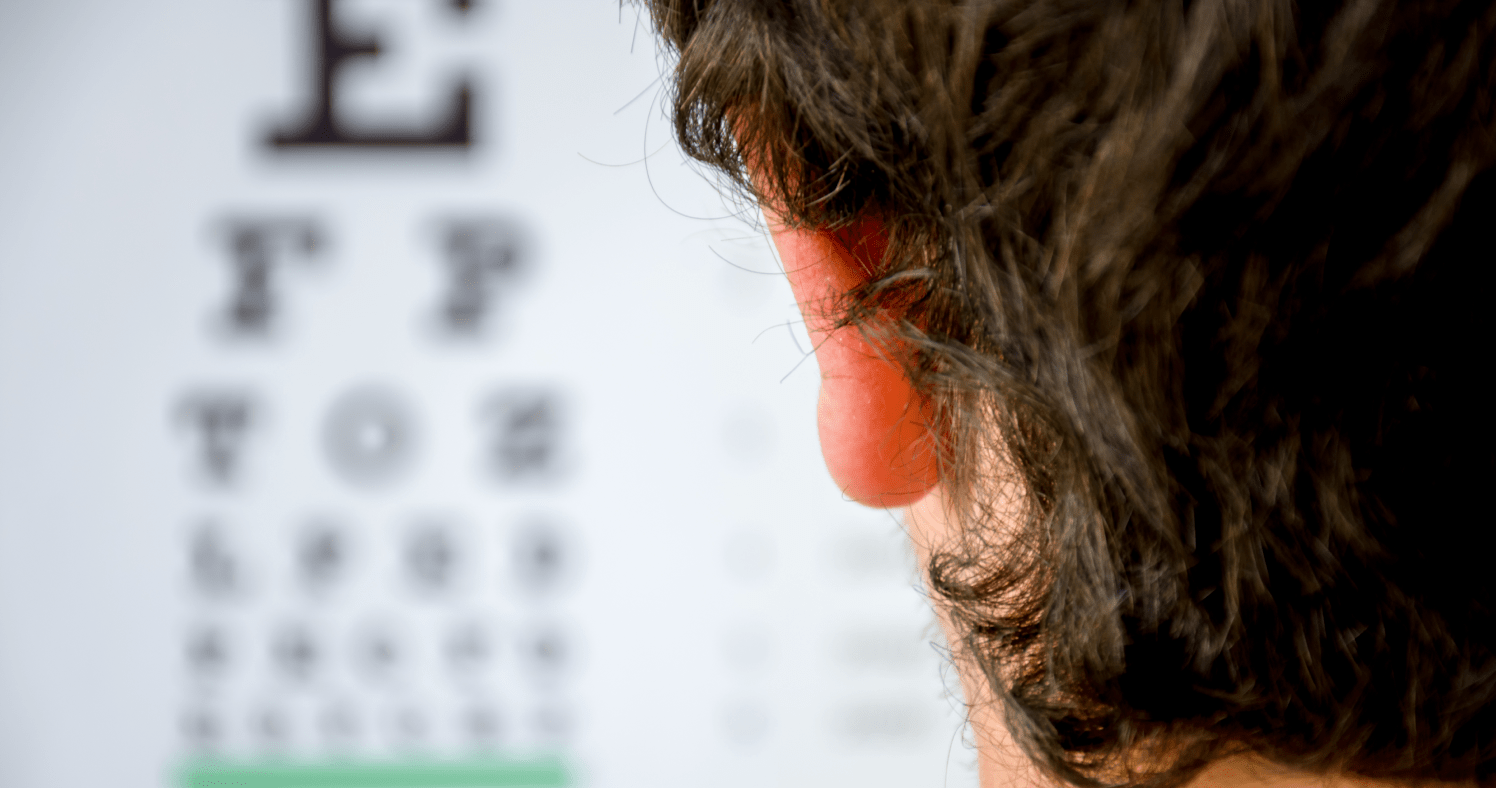
Fortunately, the most common cause of blurred vision can be remedied with an update in glasses or contact lens prescription. If glasses are what you need to take care of your blurred vision, you can browse through our collection of frames – you just might find exactly what you need.
Published February 16, 2023|Updated April 30, 2023

Related articles

How much screen time is okay?
What is Blue Light? How it Affects the Eyes, How Much Screen Time is Okay and guidelines to follow.
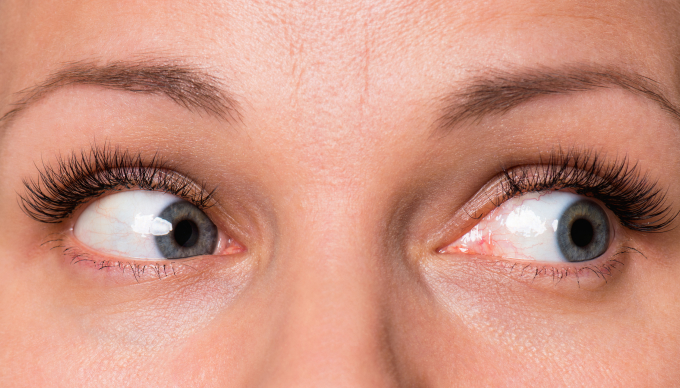
Oh no, I have dry eye!
What is Dry Eye, Possible Causes, Symptoms and Treatments.

Why pregnancy and vision changes go hand-in-hand.
Vision Changes in Pregnancy Are Common for Many Women. Find Out Why Pregnancy May Affect Your Eyes






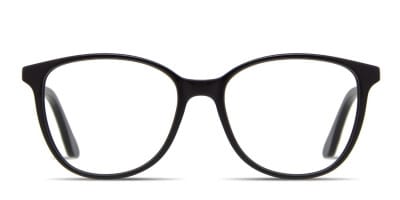 Oversized
Oversized
 Aviator
Aviator
 Wayfarer
Wayfarer
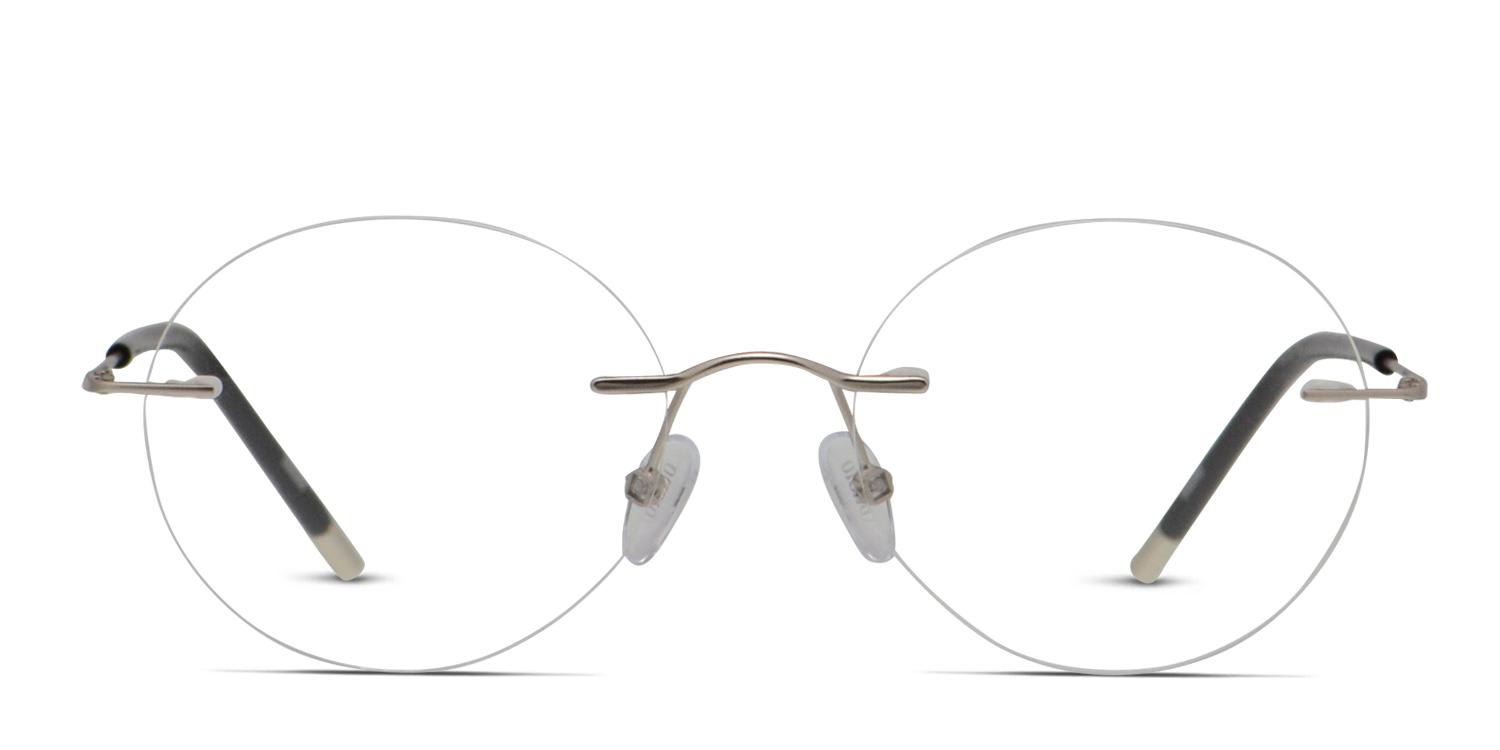 Rimless
Rimless
 Cat Eye
Cat Eye
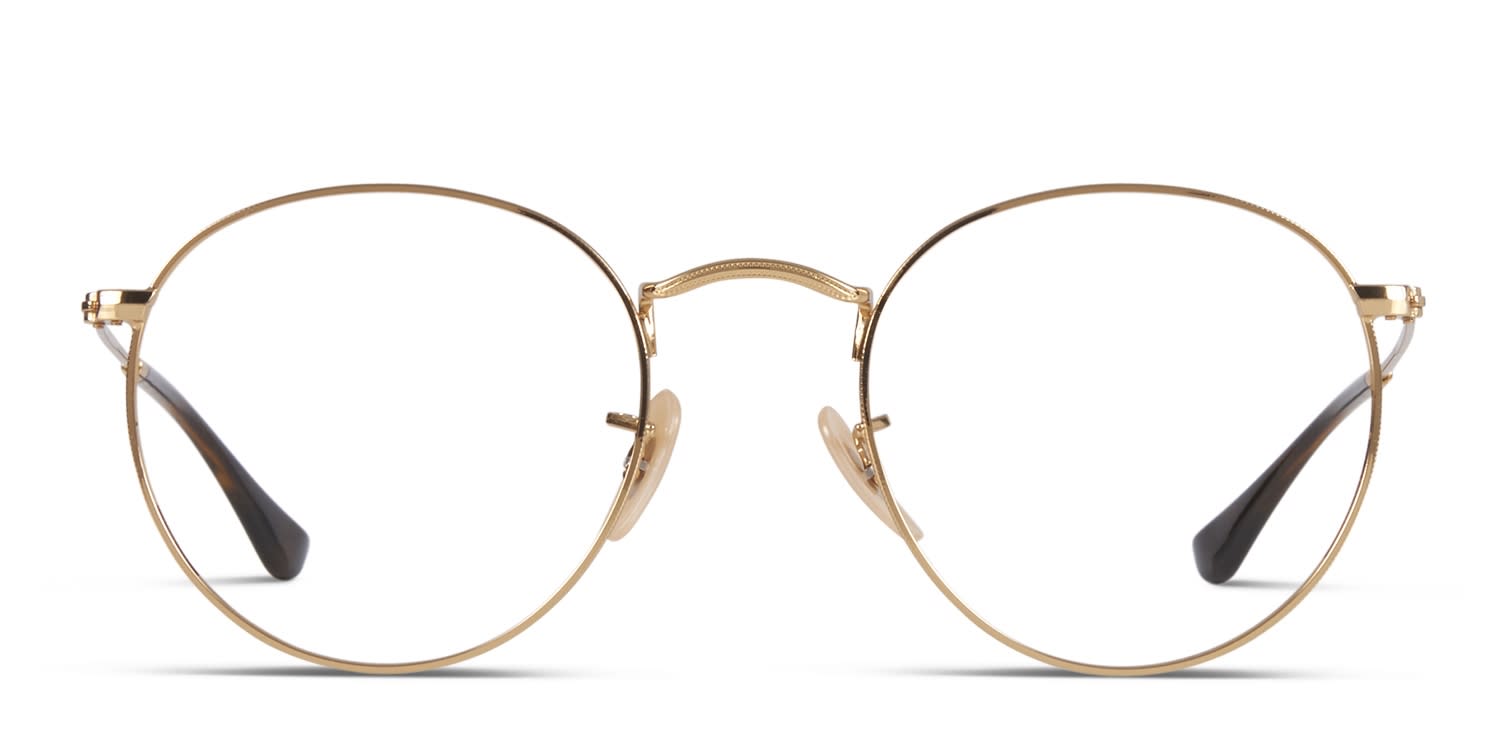 Round
Round